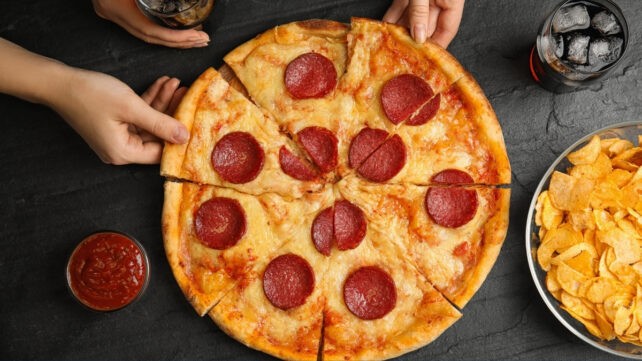The Brain-Bomb in Your Cart: Ultra-Processed Meats and Sodas Linked to Cognitive Decline
In a seven-year study, researchers tracked 4,750 U.S. residents aged 55 and older, assessing cognitive status every two years from 2014 to 2020. The goal was to observe how diet affects brain health over time. Participants who consumed one or more extra servings of ultra-processed meats or sugar-sweetened beverages had a significantly higher risk of cognitive impairment, including conditions tied to dementia such as Alzheimer’s disease. An extra daily serving of ultra-processed animal products raised risk by 17%. An extra daily serving of sugar-sweetened beverages raised risk by 6%.

In This Article:
Which Foods Are Driving the Risk? Two Offenders Stand Out
The researchers identify two main culprits: ultra-processed meats and sugar-sweetened beverages. These were the strongest links to cognitive decline in the data, compared with other ultra-processed foods. Cognitive testing included immediate and delayed recall, as well as tasks like counting backward or subtracting numbers in sequence. A total of 1,363 participants developed cognitive impairment during the follow-up period. The study also found that total ultra-processed food (UPF) consumption, or other UPF categories (spreads, sweets, savory snacks, grain- and dairy-based foods, or ready-to-eat meals), were not significantly associated with cognitive impairment.

How Common Are Ultra-Processed Foods in the U.S. Diet? A Widespread Pattern
UPFs dominate many American shopping carts. In 2020, about 65% of foods and 38% of beverages bought by U.S. households were UPFs—characterized by industrial processing and the presence of artificial colors, flavorings, and emulsifiers. Both younger and older generations get more than half of their daily calories from UPFs, revealing a broad dietary pattern tied to brain health. This context helps explain why the study’s findings matter for everyday eating choices."

Practical Steps to Protect the Brain: Change What You Eat
A simple, actionable path emerges: reduce ultra-processed meats and sugar-sweetened beverages to support brain health. Brenda Davy, professor of human nutrition, foods, and exercise at Virginia Tech and co-author, says, “There are things that you can change. It’s moderation and being reasonable and balanced in your dietary choices.” The authors also suggest cooking classes as a healthcare intervention—knowing what to eat and how to prepare it can be half the battle when making better choices. As Ben Katz notes, “It’s one thing to follow a diet, but it’s another thing to give [people] the cooking skills to prepare that diet.”

Bottom Line and Publication: A Clear Path Forward
The study narrows the search to specific UPFs that harm brain health, offering a straightforward, achievable step: cut ultra-processed meats and sodas. The research is published in the American Journal of Clinical Nutrition, underscoring a tangible link between diet and cognitive aging and providing a practical guide for individuals seeking to protect their brains.


